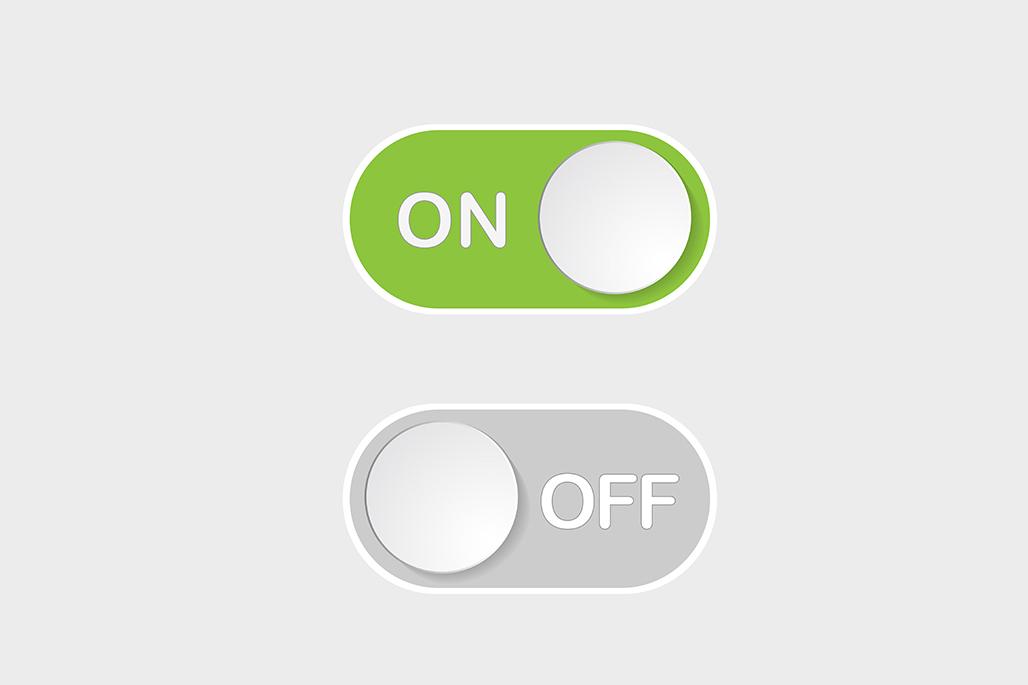Health insurance is a complex and contentious topic. We all need health care sooner or later, but the big question is how to pay for it. There is a bigger question though, which is how much should the Government be involved in healthcare? The seemingly harmless question is one that divides Americans as few other topics do. The passage of the Affordable Care Act (ACA), which you may know as Obamacare, has even widened the gap in how Americans view healthcare.
Repealing of the individual mandate, a provision many Americans see as unconstitutional, did not help this ease the tension on either side. Perhaps, one of the clearest illustrations is the current battle between off-exchange health insurance and exchange plans.
What Are Off-Exchange Health Insurance Plans?
An off-exchange health insurance plan is a policy sold and purchased outside of the ACA marketplace, or exchange. These plans are also referred to as private, or individual health insurance plans. While the term private may carry some negative connotation, there are benefits, as well as drawbacks to buying off-exchange health plans.
When Obamacare passed, it created a sort of baseline for all coverage. Meaning, in order for a plan to be offered on the exchange, it needed to meet certain guidelines to be considered compliant. Before 2019, if you were enrolled in a policy that wasn’t compliant, you would need to pay a fine. However, President Trump eliminated the mandate, but exchange plans still need to be compliant. So, does that mean all off-exchange plans aren’t ACA compliant?
Are They Still ACA Compliant?
The answer depends on the plan type and company you choose to go with. Health insurance companies, in order to compete with marketplace plans, health insurance companies began to beef up their policies, mostly adhering to the same standards of benefits found within the exchange. So, for the most part, if you are buying individual or family coverage, then your plan is likely ACA compliant.
However, there are certain plans offered off of the exchange which may not meet Obamacare requirements. For example, short-term health insurance plans, which have become increasingly popular under Trump’s new policies, aren’t ACA compliant. That being said, it doesn’t make much difference anymore, since the only benefits for enrolling in ACA compliant plans were to avoid paying a tax penalty and getting access to 10 basic benefits. There is no longer a penalty, so if you don’t mind having access to things like preventive services, then it may be helpful to go with a cheaper medical plan.
Difference Between Off-Exchange And On-Exchange
The main difference between off-exchange and on-exchange plans is where you can enroll. Again, if you are enrolling outside of your state or federal exchange, then you can sign up through agents, brokers, or through an insurance provider directly. With plans that are on the exchange, you need to enroll through your state’s marketplace or the federally managed healthcare website. Aside from where you enroll, and how you enroll, here some other notable differences between off-exchange and on-exchange health plans.
Cost Sharing Reductions (Subsidies)
Cost-sharing reductions, or tax-subsidies, help low-income individuals and families pay for their coverage. Typically, these subsidies help cover the cost of premiums. These are only offered to those who enroll through the exchange. It’s these very reductions that help make the ACA affordable, but only for those who qualify.
Although, the reduction of subsidies under President Trump’s rule changes will likely cause an increase in premiums on the exchange. The result will be that off-exchange plans will become more competitive compared to their counterpart, providing more competition in the health insurance industry. The reduction of subsidies will unfortunately result is some people dropping their insurance. Since some people would be dropping their insurance just because the can with the elimination of the individual mandate, this is not unexpected.
Which Plan Should You Choose?
Choosing a plan really comes down to your needs. So, before making your decision, it may be a good idea to explore both options, and see which fits best with what you want out of your cover. For starters, look at your income. Do you qualify for a subsidy? If you do, you’ll only be able to get financial assistance for your health coverage by enrolling in exchange plans. On the flip side, if you make too much money, you may fall victim to the high cost of health insurance through the marketplace, so an off-exchange plan may be a better fit.
Next, take a look at your medical needs or history. Are you relatively healthy, or does your family have a clean bill of health? While exchange health plans make sure your pre-existing conditions are covered, it may be a bit more expensive to buy. So, if you don’t have any pre-existing conditions, a private health insurance plan may be a more affordable option for you.
Finding The Perfect Off-Exchange Plan With FirstQuote Health
When it comes to enrolling through the exchange, everyone knows where to go. When it comes to finding a plan off of the exchange, things aren’t as simple. Luckily, you came to the right place.
FirstQuote Health is an industry leader in all things health insurance. Not only do we provide informative content to help readers in their pursuit of the perfect plan, but we’ve also partnered up with experienced agents and companies to help point you in the right direction.
Plans and pricing vary by area, down to the part of town you live in. So, in order to help everyone find a plan that fits their needs, and also their budget, FirstQuote Health has developed a powerful quoting engine. By entering your zip code, you’ll be able to compare health insurance quotes in your area with ease.

